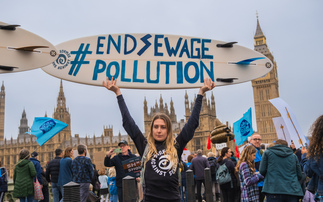Contrary to the expectations of many, the 16th annual UN Climate Conference (COP16) held in Cancun, Mexico, concluded in the early hours of Saturday morning to the sound of loud applause. After a difficult...
To continue reading this article...
Join BusinessGreen
In just a few clicks you can start your free BusinessGreen Lite membership for 12 months, providing you access to:
- Three complimentary articles per month covering the latest real-time news, analysis, and opinion from Europe’s leading source of information on the Green economy and business
- Receive important and breaking news stories via our daily news alert
- Our weekly newsletter with the best of the week’s green business news and analysis







